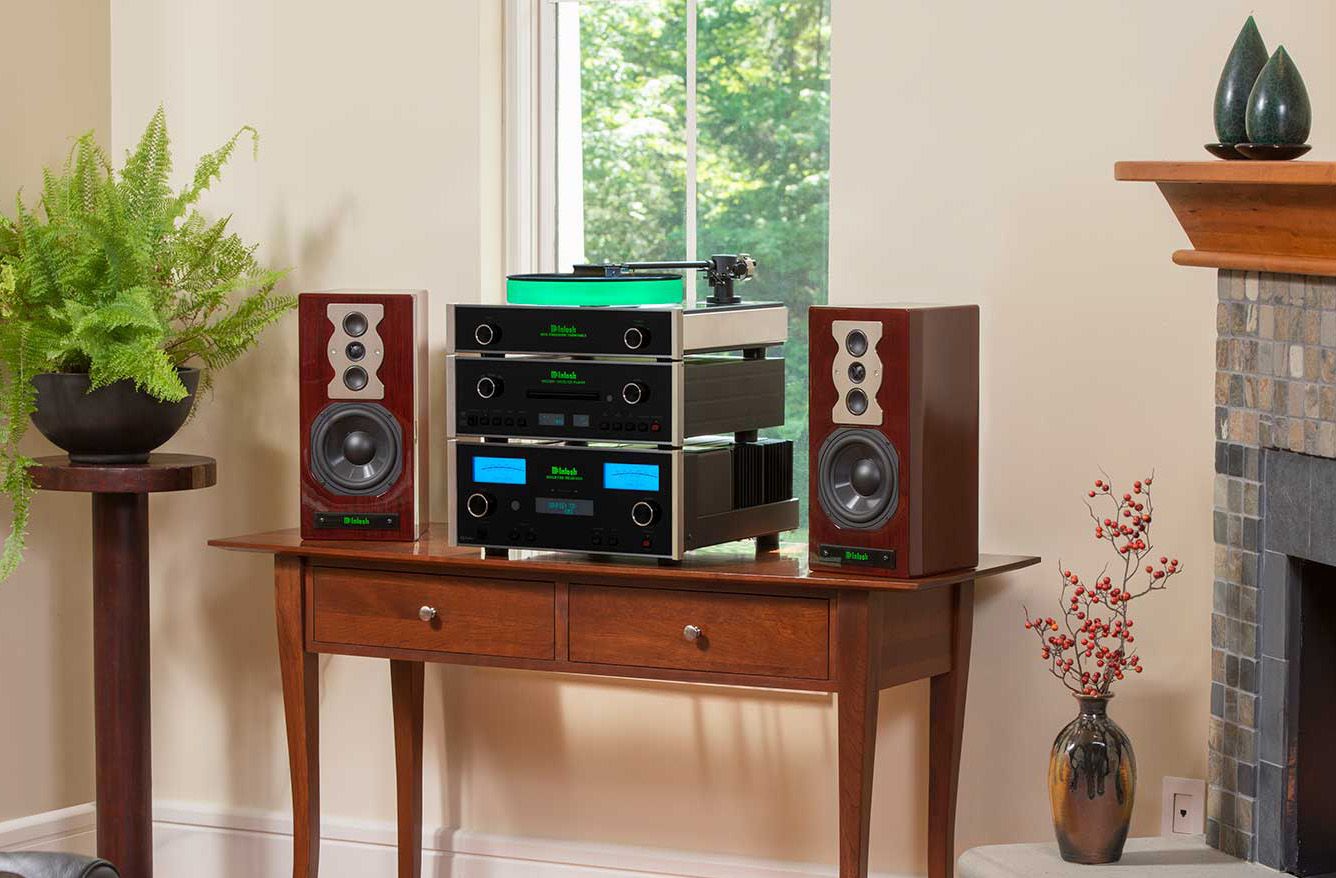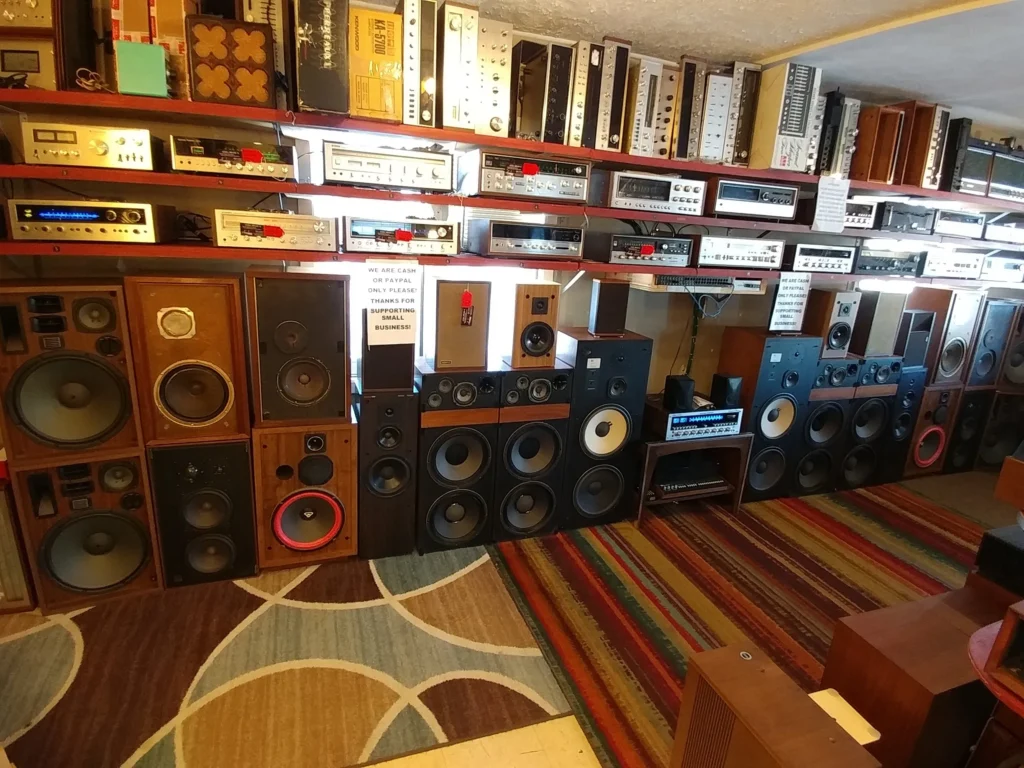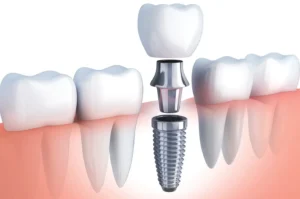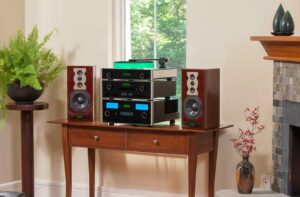
Fast-developing audio technology is bringing ideas that might completely change our experience with sound. From virtual reality to artificial intelligence-driven improvements, High-End Audio technology has a bright future, creating immersive surroundings. Here is an overview of the major upcoming innovations meant to transform our hearing experiences.
Immersive Sound Experiences
The turn toward immersive sound experiences are among the most fascinating developments in audio technology. Sound is becoming increasingly important for users of virtual reality (VR) and augmented reality (AR) as these technologies grow. VR environments and gaming experiences are becoming more realistic with spatial audio technology, which lets sound be sensed in three-dimensional space. More applications in entertainment, education, and therapy—offering users a closer connection to the audio environment—as these technologies grow more mainstream could be expected.
Smart Audio Devices

The way we engage with music is changing as smart technology becomes included in audio products. Just the start are smart speakers and voice-activated assistants. Advanced artificial intelligence features will probably be included in future audio devices so they may learn user preferences and generate customized listening environments. Imagine a home audio system that changes the ambiance and playlist fit for your mood.
Enhanced Audio Quality
High-quality audio is in more demand as streaming services take front stage. Future developments will center on supplying lossless audio formats and larger bit rates, therefore giving listeners an unmatched audio experience. Advanced sound quality in home theaters is already being made possible by technologies such as Dolby Atmos and DTS. Even more rich and detailed soundscapes as these technologies develop will enable us to hear previously lost in compression nuances in music and sound design.
Accessibility and Inclusivity
Accessibility and inclusivity will also take center stage in audio technology’s future. Already making great progress in this field are innovations, including better hearing aids and real-time recording. Future advancements will probably keep bridging gaps for those with hearing problems so they may access audio content in new ways. Furthermore, adaptable audio technologies will accommodate several learning environments, therefore increasing the availability of instructional materials to a larger audience.
Driven by developments in immersive experiences, smart devices, and accessibility, High-End Audio technology has immense potential for enhancing audio quality going forward. These technologies will not only change our consumption of music but also improve our interactions with the surroundings as they evolve. Accepting these changes will help us to keep on top of auditory experiences, so sound becomes even more important in our daily lives.








